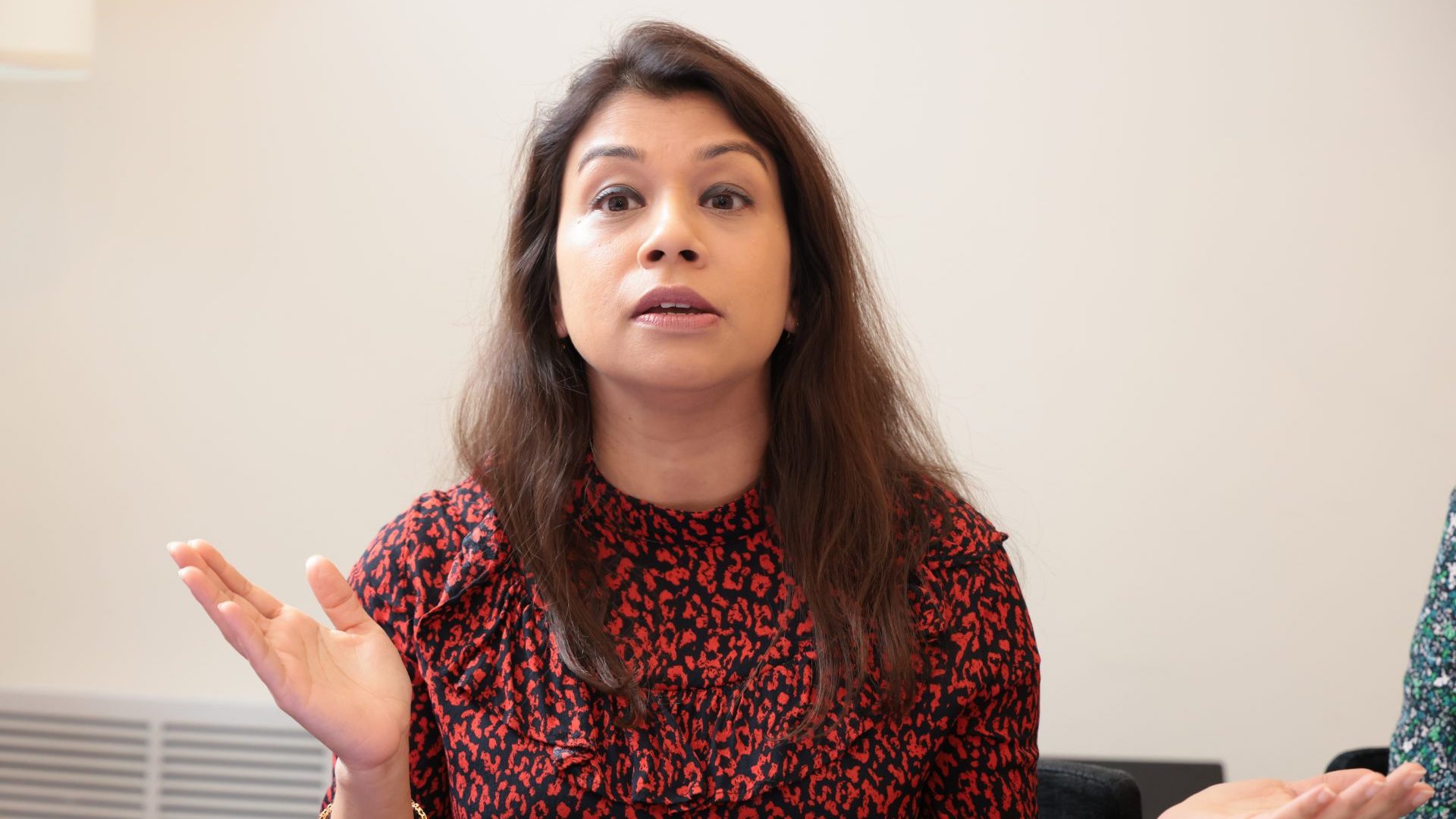The PM seemed to understand public trust required a zero-tolerance approach to bad behaviour. So why appoint an MP already facing media scrutiny?
It’s often said that successful politicians make their own luck, and when he was leader of the opposition, Keir Starmer’s luck seemed so brilliant that many in the media wondered aloud if he had his own genie on tap.
One of the key drivers towards propelling Starmer into No 10 was a relentless series of corruption scandals – ranging from the petty to the multi-million-pound outrages – dogging the Conservatives, including everything from secret lockdown parties to huge public sector PPE deals.
Starmer rode that wage of outrage into government, seeming to understand that regaining the public trust would require a zero-tolerance approach to anything even resembling bad behaviour in office.
He then immediately got personally mired in a scandal over whether he, or anyone senior in his government, ever bothered to pay for their own clothes or buy their own gig tickets. But that was small beer compared to the needless headache he created for himself by appointing his neighbouring MP and friend Tulip Siddiq as minister for economic corruption.
Siddiq had faced media scrutiny more than once for her use of flats connected to her family, not least because her aunt was a former prime minister of Bangladesh accused by her opponents of engaging in political corruption. Even if Siddiq was entirely innocent of all wrongdoing, the stories were bound to continue.
Eventually, Siddiq stepped down from her ministerial role, but the story has rumbled on: in April, Bangladeshi authorities issued a warrant for her arrest, and last week they announced she would go on trial for corruption-related offences. Siddiq denies all wrongdoing and may well emerge blameless, but still, many within Labour are asking – did he really have to appoint her to that particular role? What, they wonder, did No 10 think would happen?
 Most popular
Most popular

